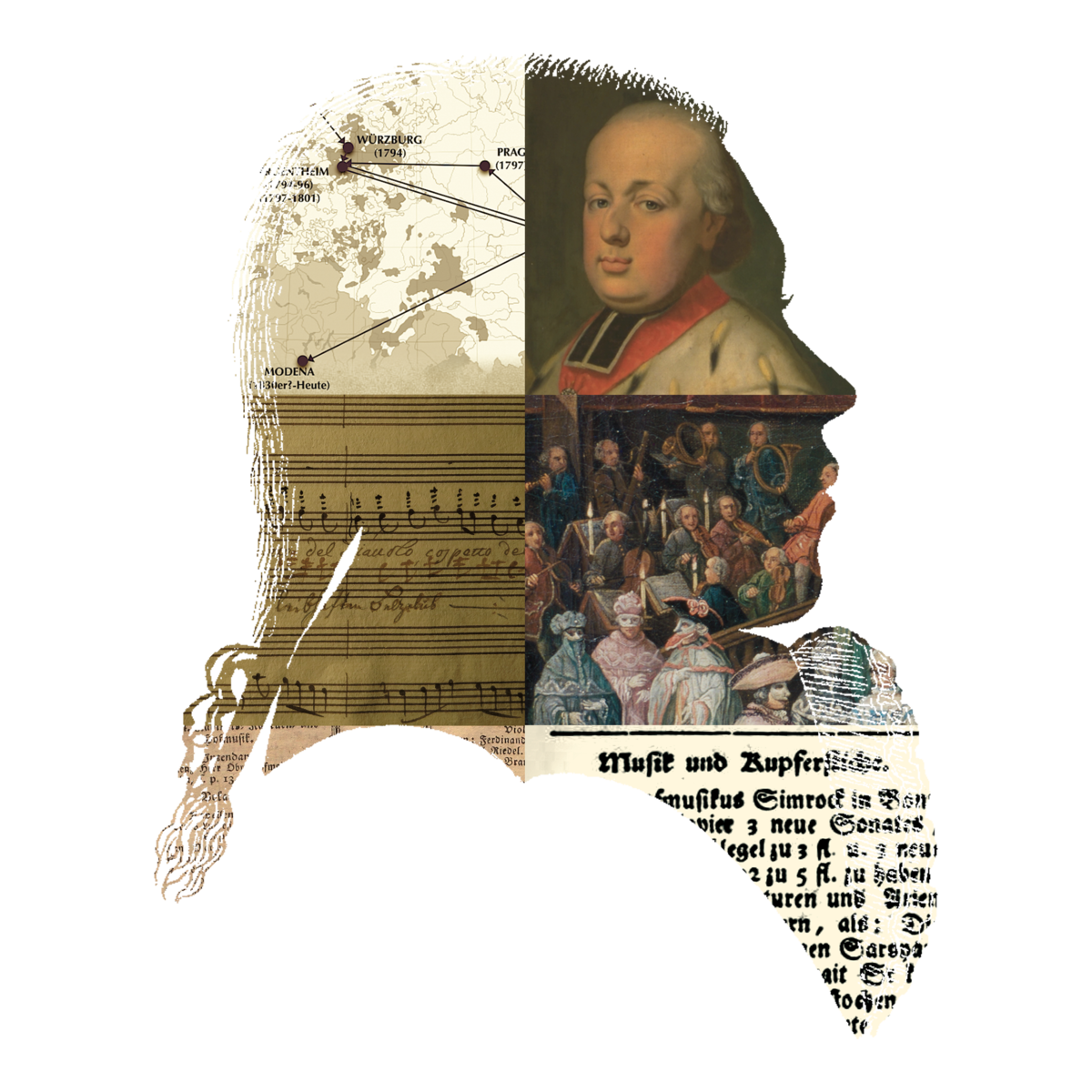Beethoven the Younger
Ludwig van Beethoven (1770–1827) spent the first twenty-two years of his life in Bonn, the last ten as a court musician in the service of the last two Electors of Cologne, Maximilian Friedrich (r. 1761–1784) and Maximilian Franz (r. 1784–1794). These early years, amounting to over one-third of his life, undoubtedly shaped his musical, intellectual, and spiritual outlook for the remainder of it. Yet, at the same time they still constitute the most poorly understood phase of his life, typically covered in biographies as a cursory preliminary chapter. The often-repeated, widely taught periodizations of Beethoven’s creative output begin the first period almost without exception with his Opus 1, which was published in Vienna in 1795. The average interested listener, professional musician, or even musicologist with different specialties can easily be led to believe that Beethoven was merely born in Bonn and only began seriously composing in Vienna.
This impression could not be more mistaken. Between his first surviving attempts at composition in around 1782 until his move to Vienna in late 1792, Beethoven completed around 50 works, encompassing the genres of Lied, piano sonata, variation, chamber music, concerto, concert aria, ballet, and cantata. This impressive body of finished works, very little of which was published during his lifetime, represents merely the most fully realized products of a fertile creative imagination, documented by the bundles of sketch leaves Beethoven brought with him to Vienna, now preserved in Berlin, London, and other collections. These present a dizzying array of fragments of unfinished works, early drafts of finished works, and enigmatic one- or two-measure entries suggesting fully worked-out piano figuration. Despite an increase in specialized studies over the past 40 years, a comprehensive and reliable overview of Beethoven’s Bonn years has yet to be written.
The book project “Young Beethoven, or Beethoven the Younger” seeks to address this enormous scholarly lacuna, and in the process, to thoroughly revise many of the received narratives about the composer’s formative years. Building on previous research projects into opera and sacred music at the Bonn court, this study proposes both to reconstruct Beethoven’s musical and intellectual milieu and to re-evaluate his early creativity. The importance of the Bonn Electoral Court as a center of musical excellence will provide the backdrop for a discussion of Beethoven’s early career, comparing and contrasting it with that of his similarly-aged colleagues. Far from “not yet Beethoven,” this study proposes to hear his Bonn output as reflecting the very values that appear in all of his work, all of them clearly attributable to his education and socialization as a court musician.



Project Duration:
1 April 2019 – 30 April 2023
Contact:
John D. Wilson
Partner Institutions:
